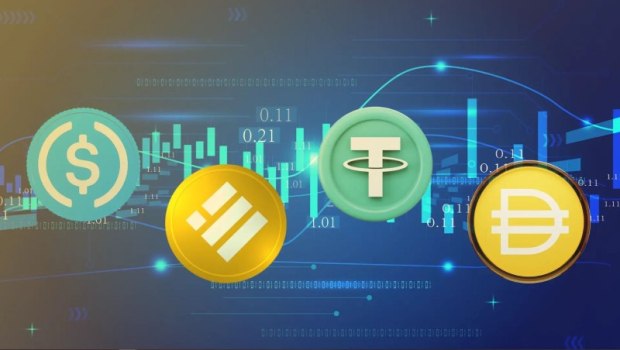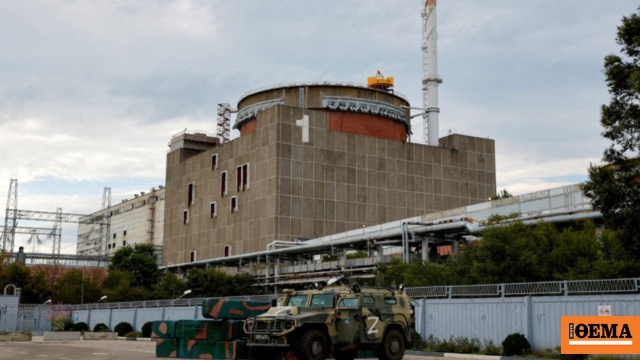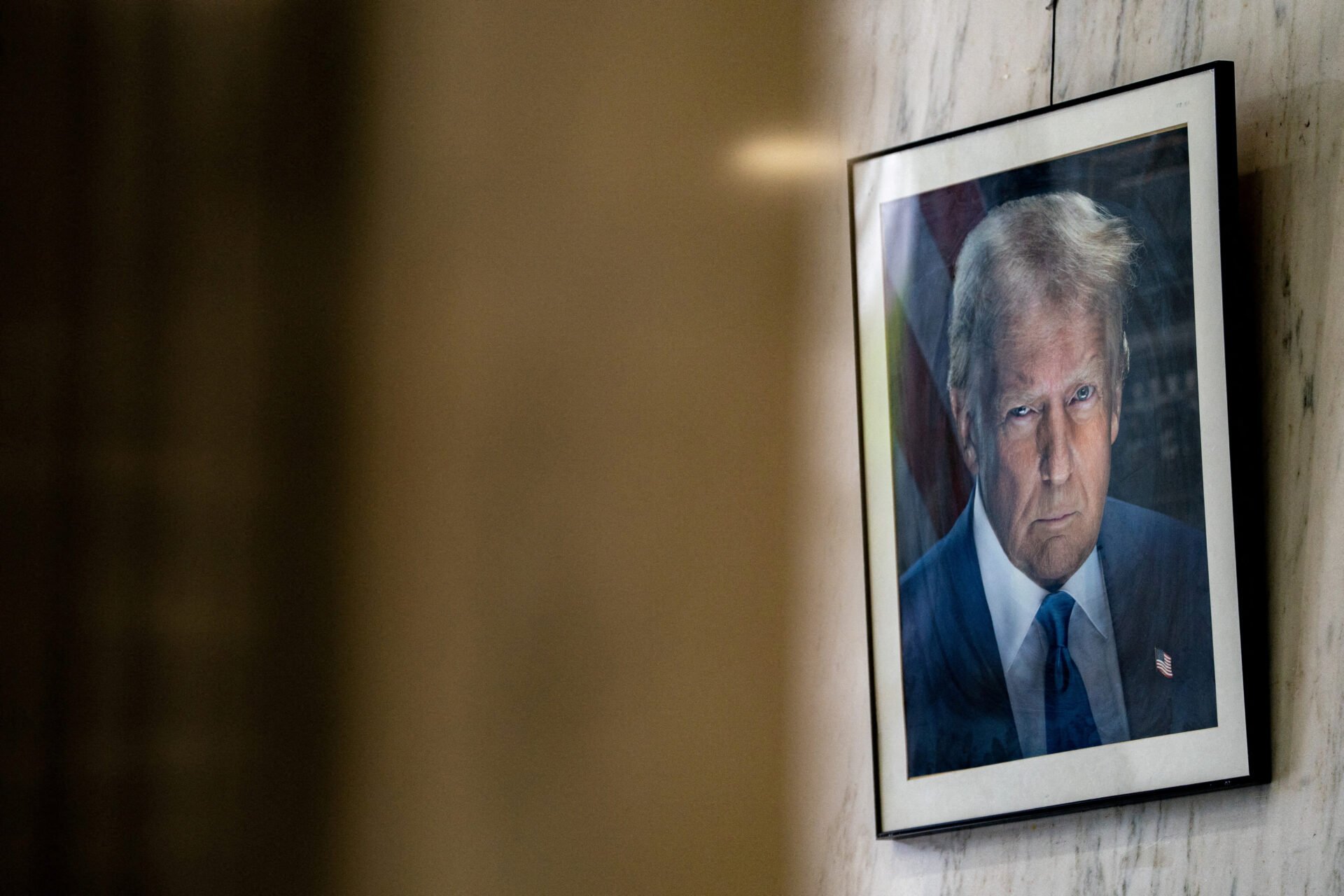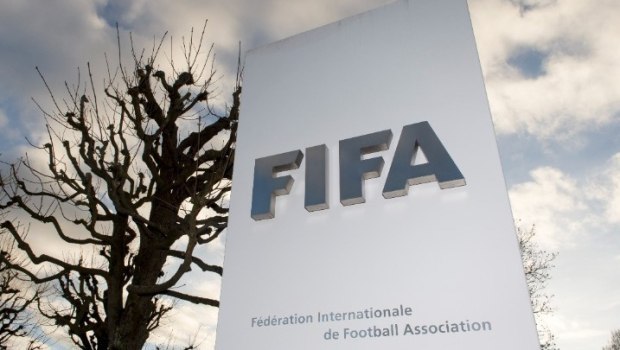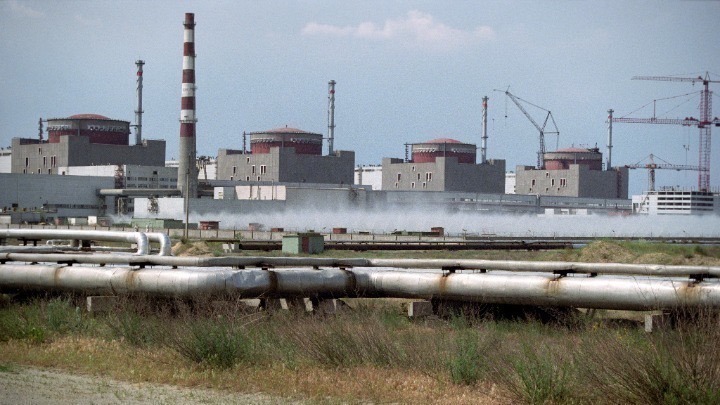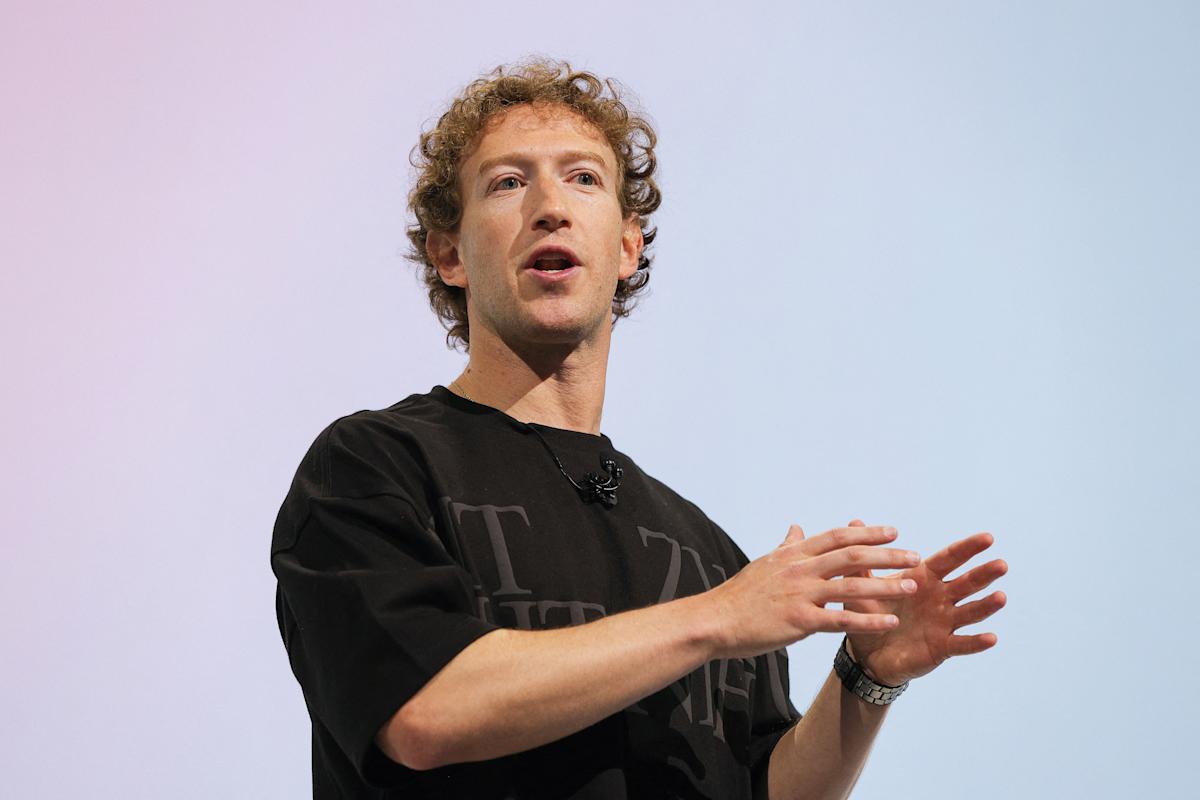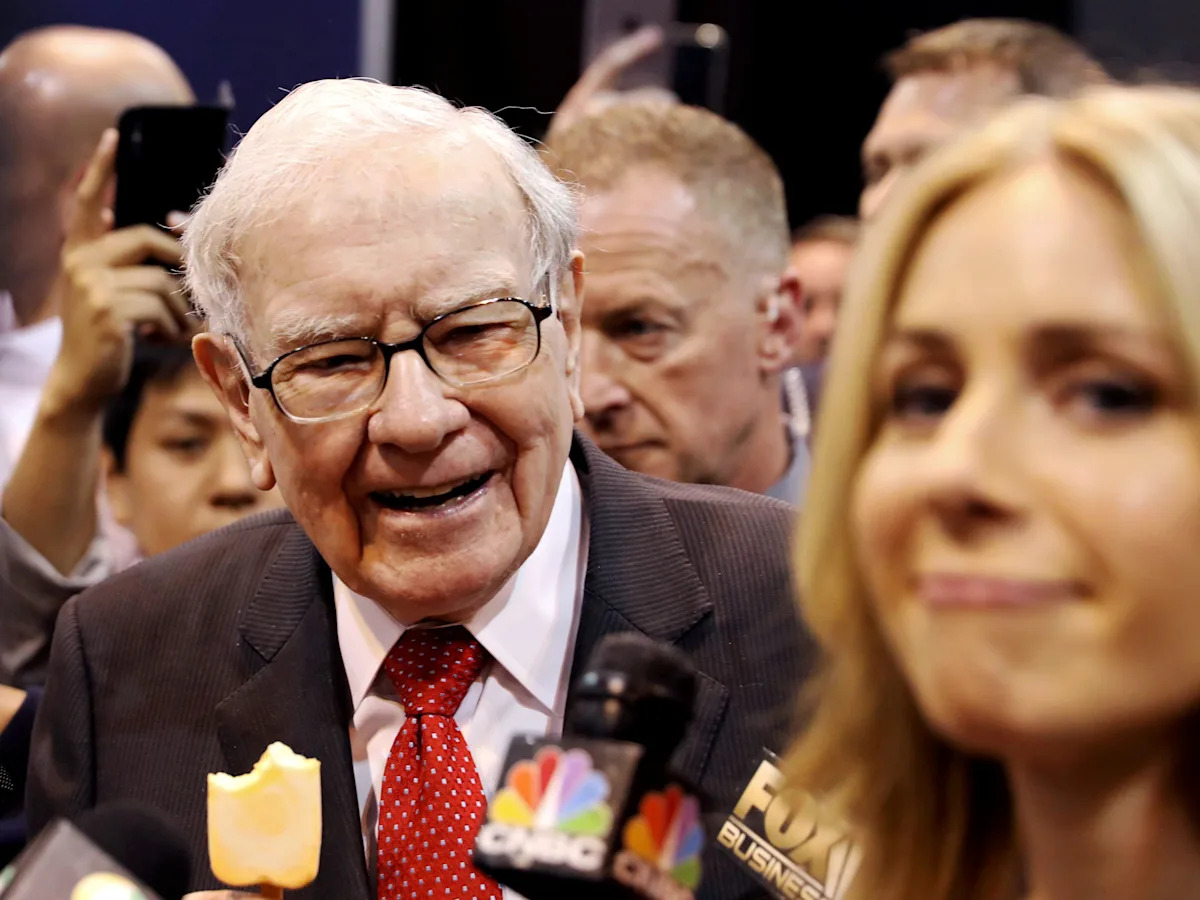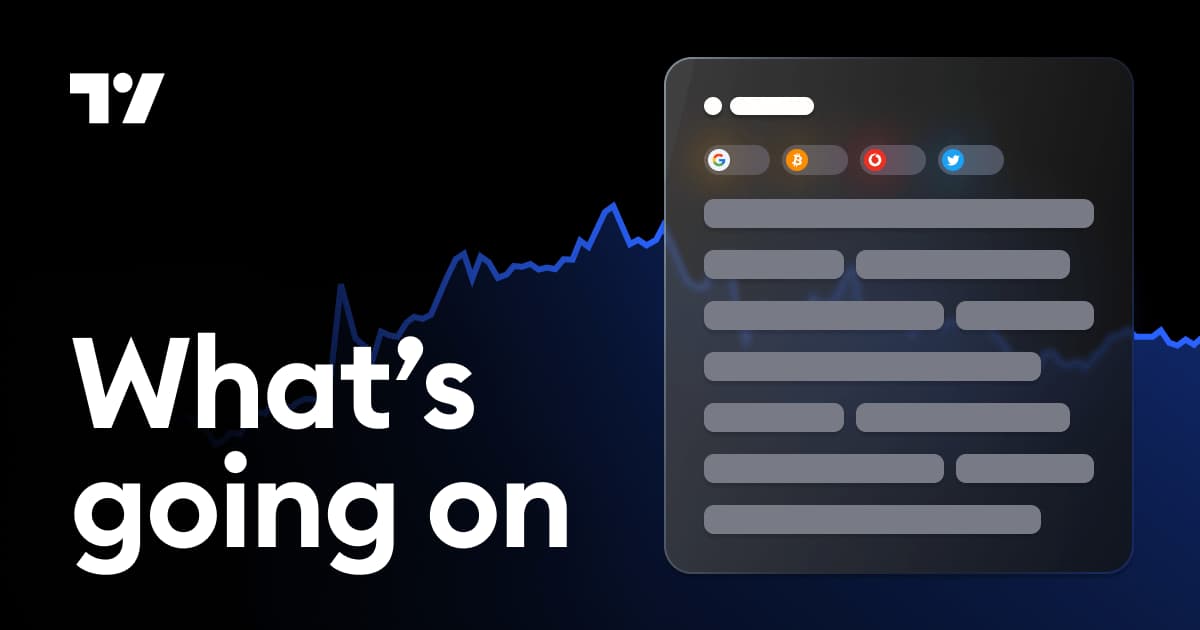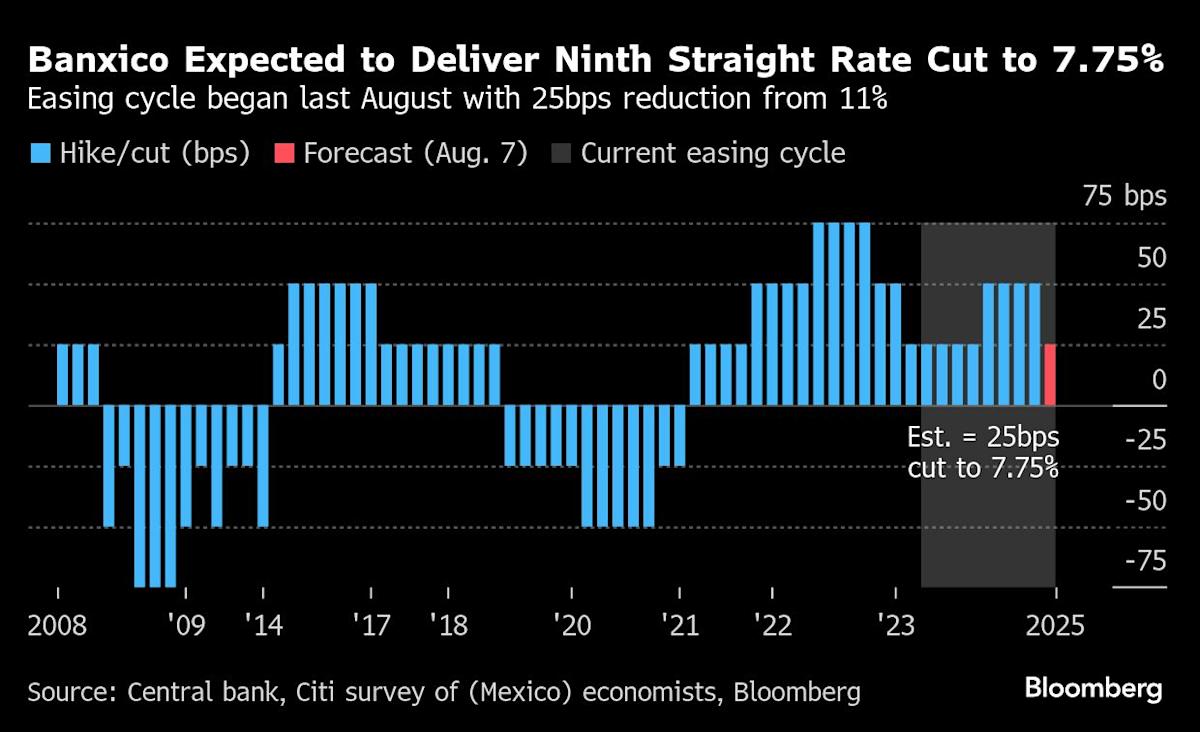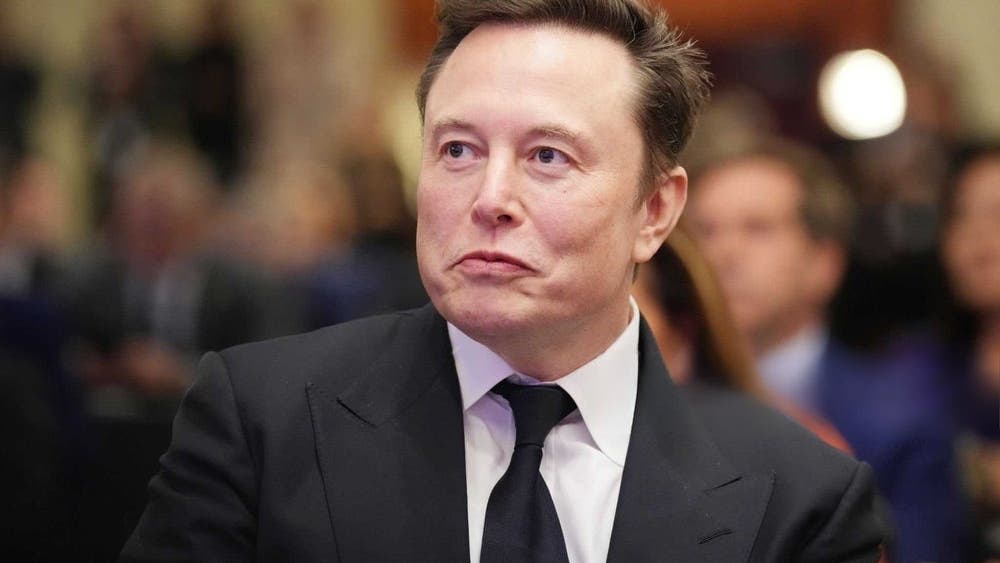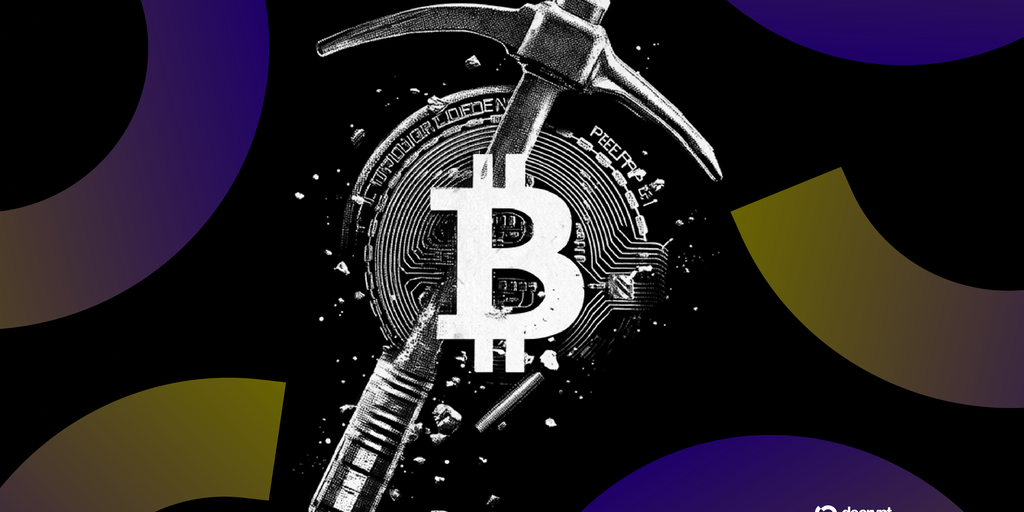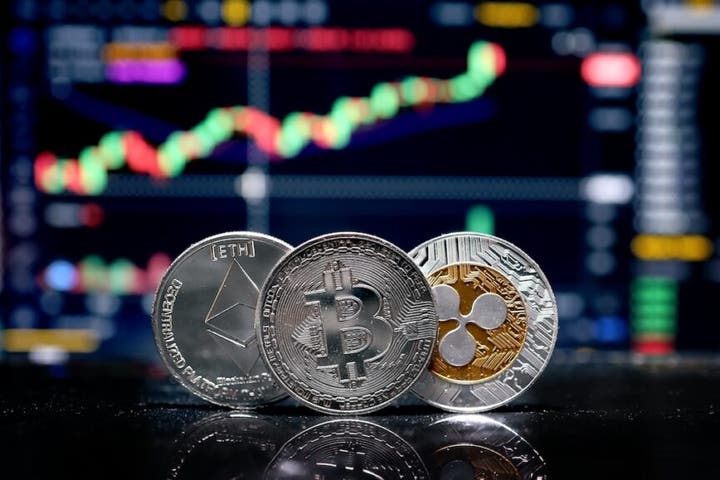Big Tech's AI investments set to spike to $364 billion in 2025 as bubble fears ease
Wall Street analysts broadly lifted their price targets on the three stocks, saying the investments are justified as they see companies benefiting from the AI boom.
Wedbush analyst Scott Devitt wrote in a note to clients Thursday that Meta's "infusion of AI capabilities across the company's ad stack and content recommendation engines are driving tangible results," raising his outlook on shares to $920 from $750.
RBC Capital's Rishi Jaluria said in his own note that Microsoft's "AI footprint and cloud growth remain underappreciated," raising his price target on the stock to $640 from $525.
Needham analyst Laura Martin said Google is "leading GenAI innovation," lifting her price outlook on Alphabet shares to $220 from $210 last week.
Amazon was an exception to Wall Street's bullish reception of the capital expenditures changes. Shares fell 8% Friday after the company raised its capital expenditure forecast, but its guidance for operating income at its AWS cloud computing unit was lower than expected, raising questions about its AI plans. Amazon said its $31.4 billion in second quarter capital expenditures was "reasonably representative of our quarterly capital investment rate for the back half of this year," implying it would spend around $118.5 billion in the full fiscal year.
Amazon aside, the overall excitement over Big Tech's AI spending is a reversal from investors' wariness over companies' torrid spending at the beginning of the year, when Chinese startup DeepSeek showed its AI models could produce similar results to OpenAI's and were trained at a fraction of the cost. The development raised concerns that tech firms had overspent on AI infrastructure as they were still working on monetizing the technology.
Recently, top voices in the investment world, from legendary short seller Jim Chanos to Apollo senior economist Torsten Sløk, have sounded alarm bells that the stocks are in an AI bubble bigger than the dot-com era.
"The difference between the IT bubble in the 1990s and the AI bubble today is that the top 10 companies in the S&P 500 today are more overvalued than they were in the 1990s," Apollo chief economist Torsten Sløk said in a July 16 blog post. (Disclosure: Yahoo Finance is owned by Apollo Global Management.)
It's unclear exactly how much money companies are making on the technology since they don't break out their AI revenue. Google said AI helped drive the company's latest earnings beat, with AI Overviews achieving 2 billion monthly users, while Meta said AI helped drive its larger-than-expected ad revenue. Microsoft did not break out its Azure AI services revenue as it has in prior quarters, but said it "was generally in line with expectations."
Amazon CEO Andy Jassy said, "Our AI business has a multibillion-dollar annual revenue run rate, continues to grow triple-digit year-over-year percentages and is still in its very early days."
"They're not tight for cash. They're seeing some signs that these investments will bear fruit," Cornell University professor Karan Girotra said in an interview with Yahoo Finance on Thursday.
DA Davidson analyst Gil Luria told Yahoo Finance, "The optimism has to do with returns that are coming 1, 2, 3, 5, 10 years out."
Join Groq CEO Jonathan Ross, along with other newsmakers and top investors, at Yahoo Finance Invest on November 12–13 in NYC as they discuss the agenda for success in 2026. Register to attend today.
Laura Bratton is a reporter for Yahoo Finance. Follow her on Bluesky @laurabratton.bsky.social. Email her at
Click here for the latest technology news that will impact the stock market
Read the latest financial and business news from Yahoo Finance
Content Original Link:
" target="_blank">




